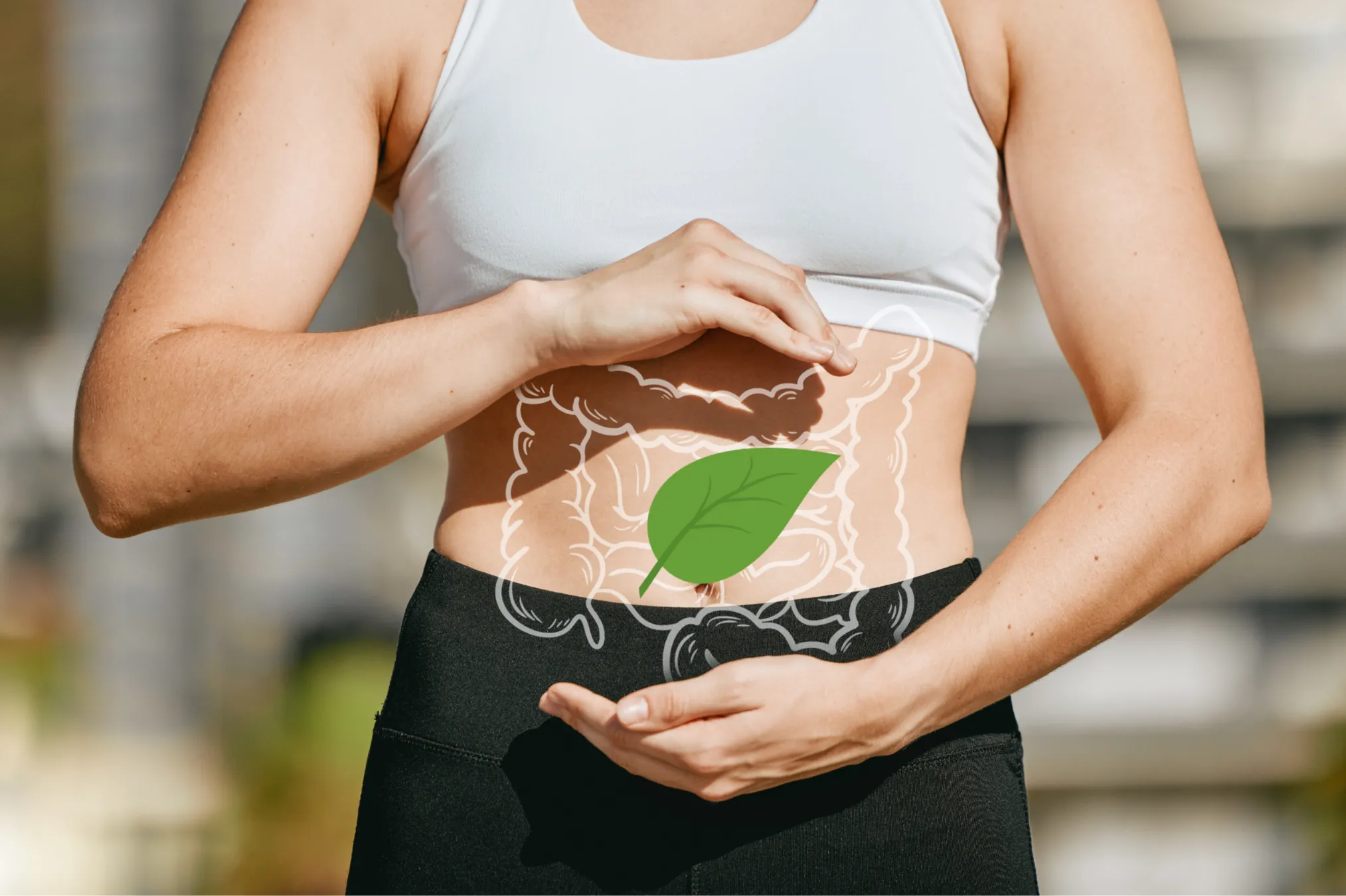Prevention. Wellness. Treatment.
Diabetes

Ayurveda’s Definition & Classification of Diabetes
Ayurveda views diabetes as a metabolic disorder caused by an imbalance in the body’s doshas – Vata, Pitta, and Kapha. According to Ayurveda, there are four subtypes of diabetes known as Prameha, each associated with a specific dosha.

Vataja Prameha
Increased urination, a dry mouth, and weight loss are the hallmarks of this form of diabetes caused by an imbalance in the Vata dosha.

Pittaja Prameha
An imbalance in the Pitta dosha, which results in increased thirst, a burning feeling, and inflammation, causes this form of diabetes.

Kaphaja Prameha
This form of diabetes, caused by an imbalance in the Kapha dosha, presents increased mucus production, weight gain, and lethargy.

Sannipataja Prameha
This type of diabetes is caused by an imbalance in all three doshas and shows symptoms of Vataja, Pittaja, and Kaphaja Prameha.
Causes of Diabetes
Common causes of diabetes are

Genetic Inheritance

Physical Inactivity

Hormonal Imbalance

Obesity

Pregnancy

Certain Medications

Symptoms of Diabetes
Symptoms of type 1 diabetes can start quickly, in a matter of weeks. Symptoms of type 2 diabetes often develop slowly—over the course of several years—and can be so mild that they are not noticeable.
Common symptoms are:
- Increased thirst and urination
- Increased hunger
- Fatigue
- Blurred vision
- Numbness or tingling in the feet or hands
- Sores that do not heal
- Unexplained weight loss
Panchakarma Treatment for Diabetes
The Panchakarma treatments for diabetes vary depending on an individual’s constitution (Prakriti), current imbalances (Vikriti), and overall health status.
Here are some Panchakarma treatments that may be considered beneficial for managing diabetes:

Vamana
This therapy involves therapeutic vomiting and is recommended for individuals with excess Kapha dosha. Vamana can help improve digestion, reduce body weight, and balance blood sugar levels.

Virechana
Virechana is a purgation therapy that primarily targets Pitta dosha and cleanses the liver and intestines, promoting better digestion and metabolism.

Basti
Basti or medicated enemas involves using herbal oils and decoctions to cleanse the colon and nourish the body. Basti treatments may help regulate bowel movements and improve insulin sensitivity.
Ayurvedic Medicines for Diabetes
At Shathayu for Ayurvedic Diabetes Treatment, we personalise herbal preparations comprising the right proportions of different herbs to treat diabetes while nullifying their effects on other parts of the body. Some components include Bitter Melon, Gymnema Sylvestre, Cinnamon, Fenugreek, and a combination of Amla, Bibhitaki, and Haritaki.


Ayurvedic Medicines for Diabetes
At Shathayu for Ayurvedic Diabetes Treatment, we personalise herbal preparations comprising the right proportions of different herbs to treat diabetes while nullifying their effects on other parts of the body. Some components include Bitter Melon, Gymnema Sylvestre, Cinnamon, Fenugreek, and a combination of Amla, Bibhitaki, and Haritaki.
Unlock the Incredible Potential of Ayurvedic Diabetes Treatment for your Health and Happiness
Whether you’re seeking relief from a specific ailment or want to improve your overall well-being, our experienced doctors are here to guide you.
Book an Appointment
Our Blogs
Ayurvedic Weight Management: A Balanced Approach to Health and Wellness
Weight management is challenging for many, whether it is the struggle to shed stubborn pounds or the difficulties of gaining weight and building...
Unwind and Rejuvenate with Ayurvedic Body Massage
Have you ever craved a moment where life hits pause, letting you reconnect with yourself? Stress and fatigue can leave us feeling overwhelmed and...
Ayurvedic Treatment for Diabetes: Reducing Insulin Resistance Through Ayurveda
Introduction:Imagine waking up feeling drained, even after a whole night's rest. You find yourself endlessly thirsty, reaching for glass after glass...



